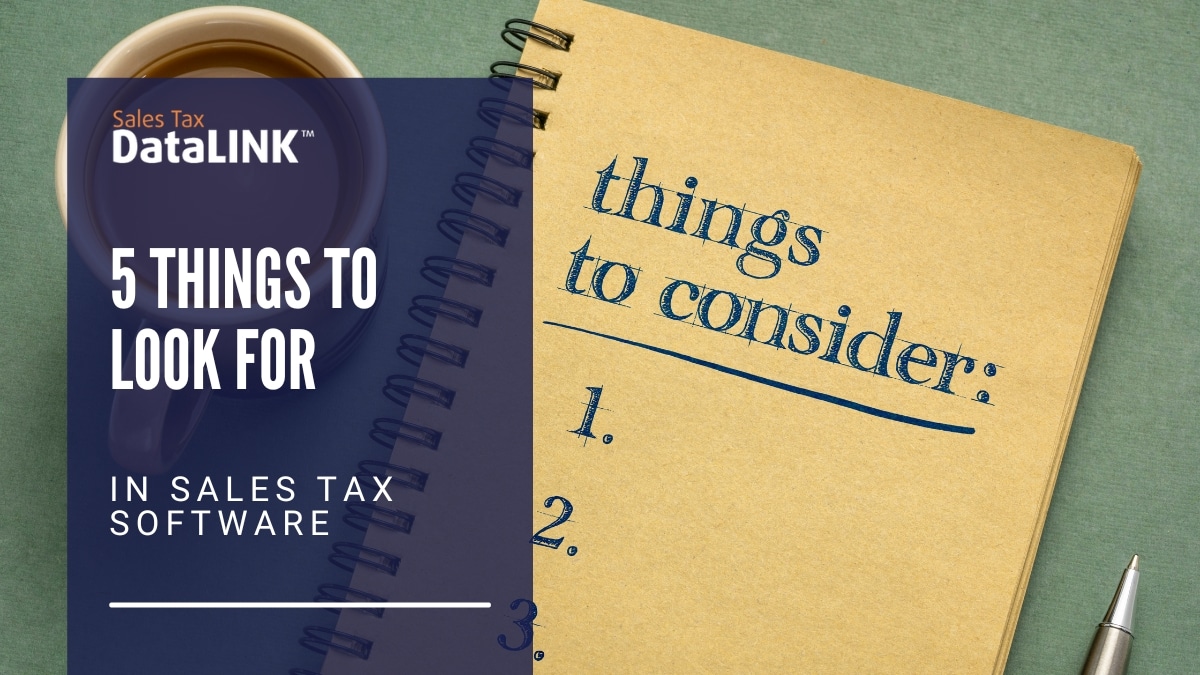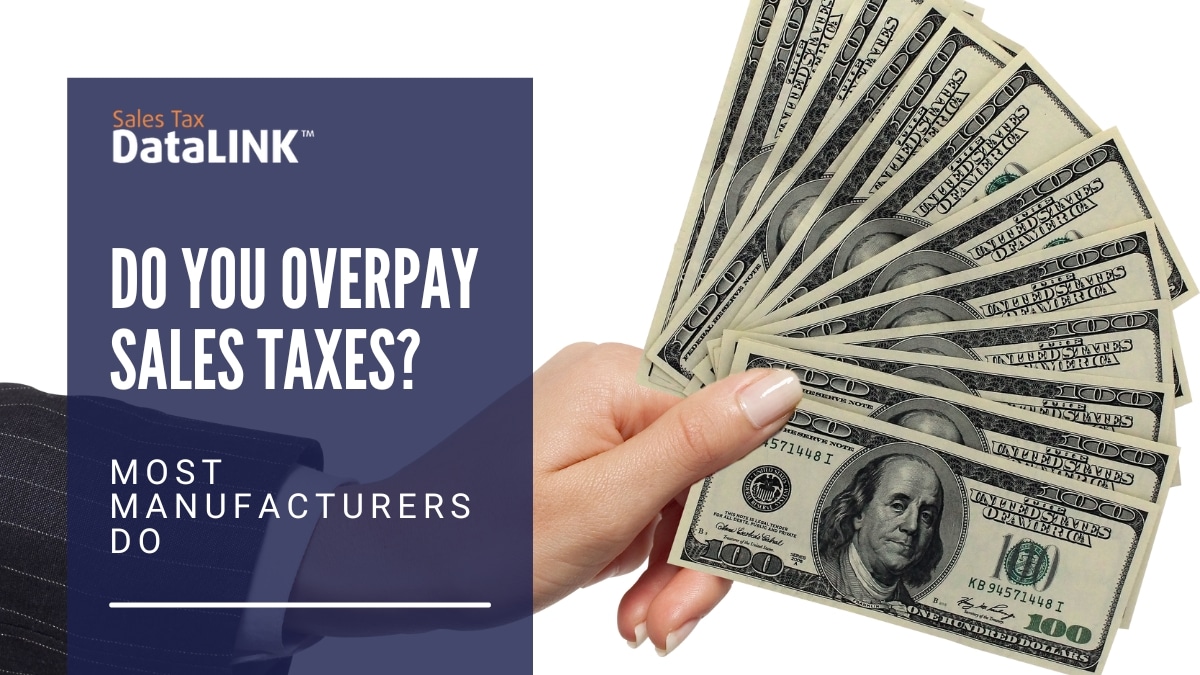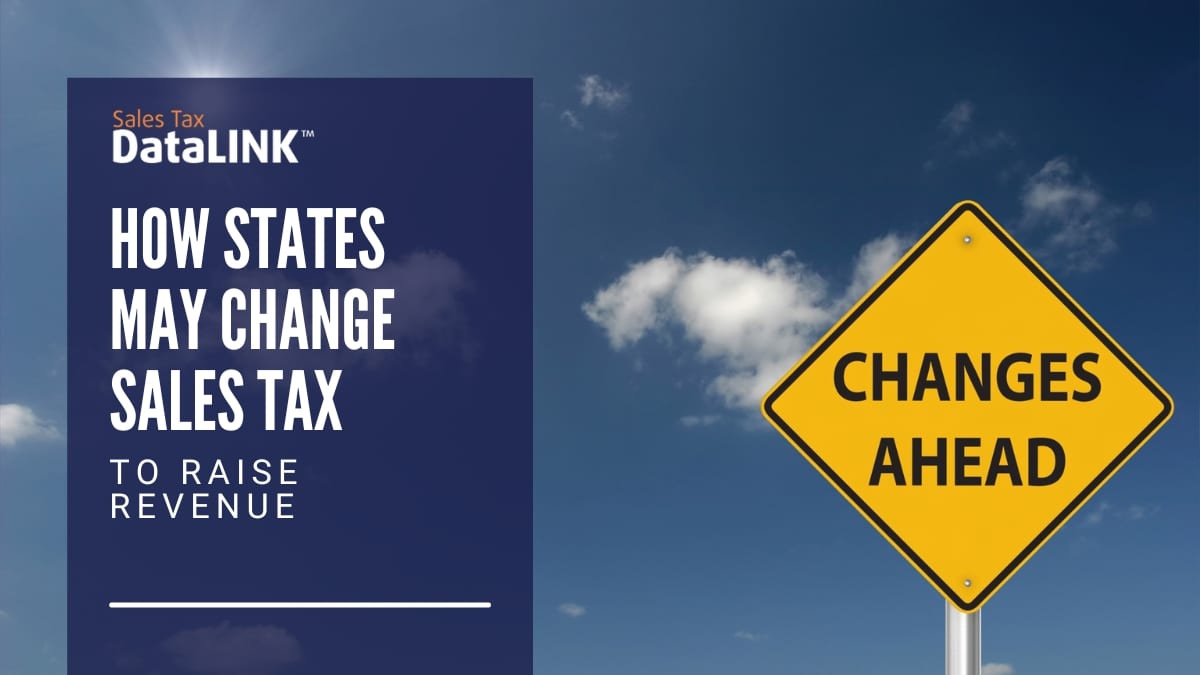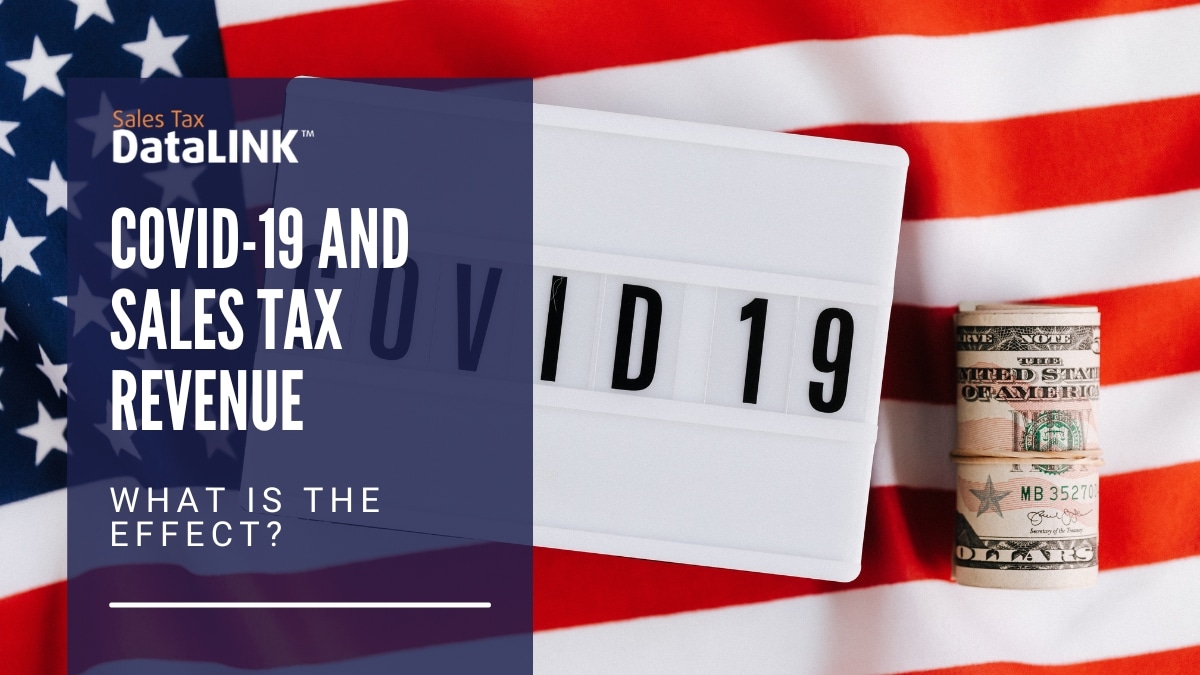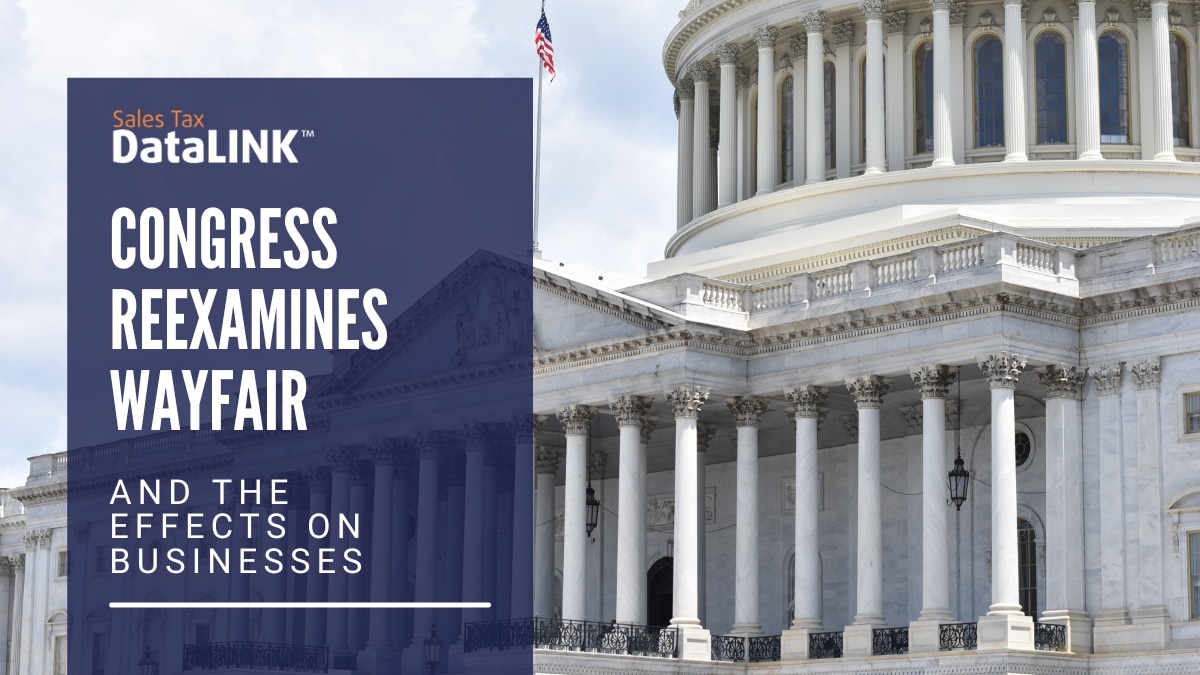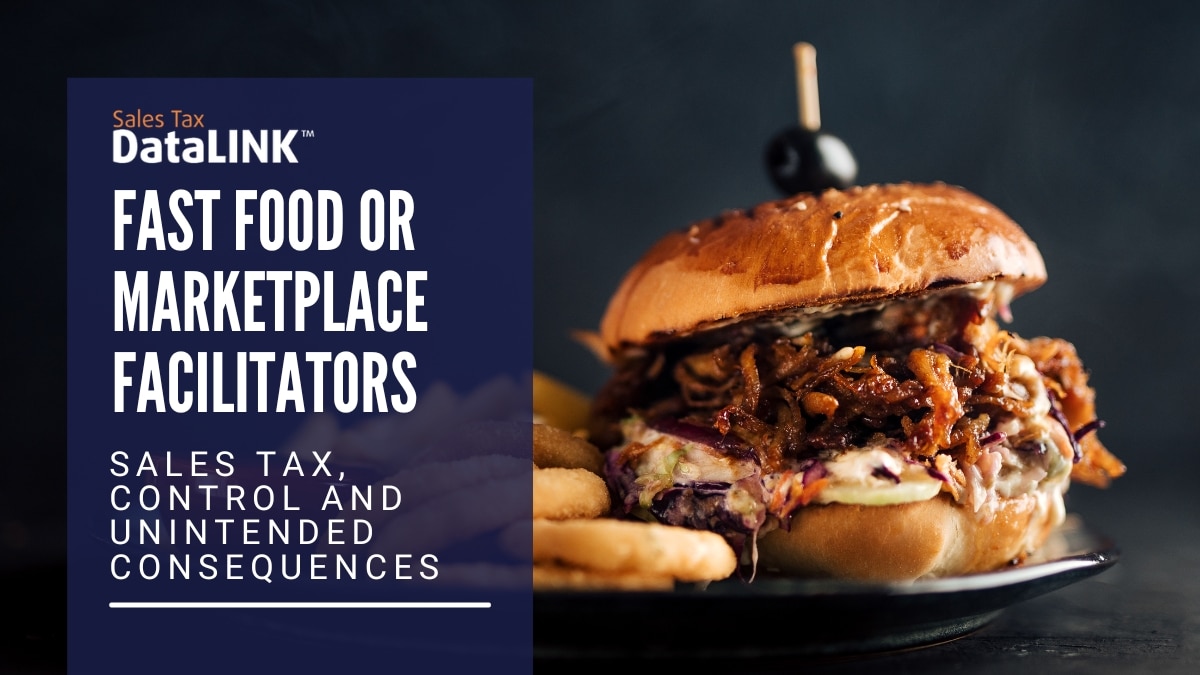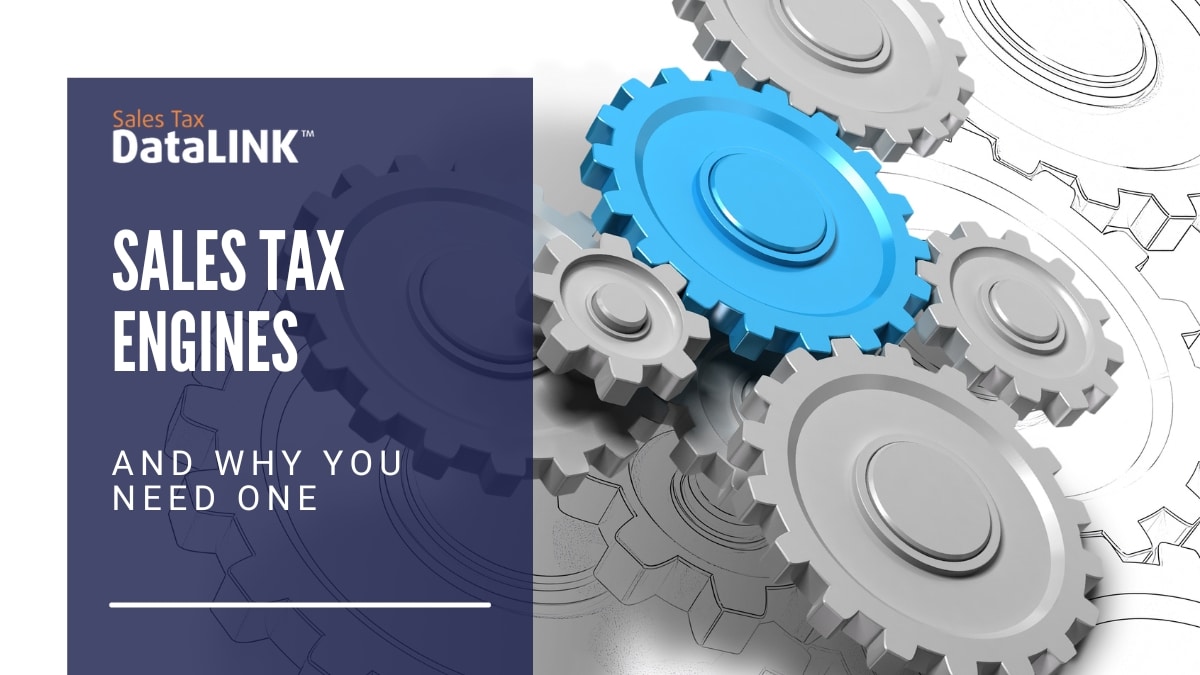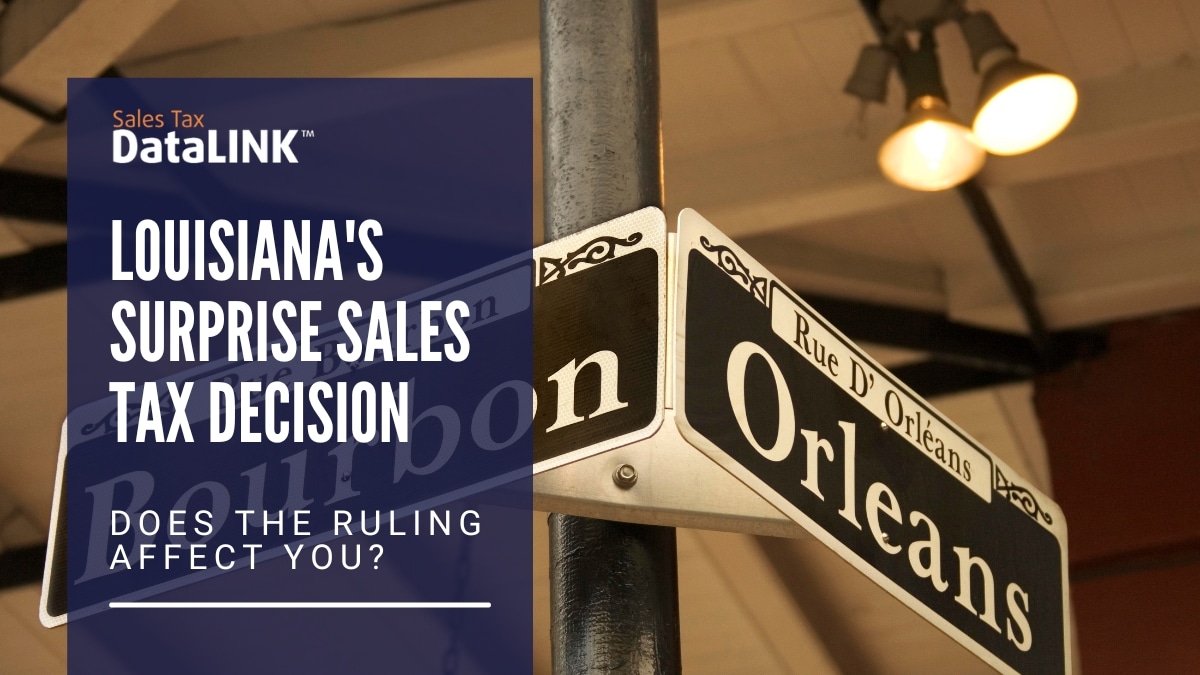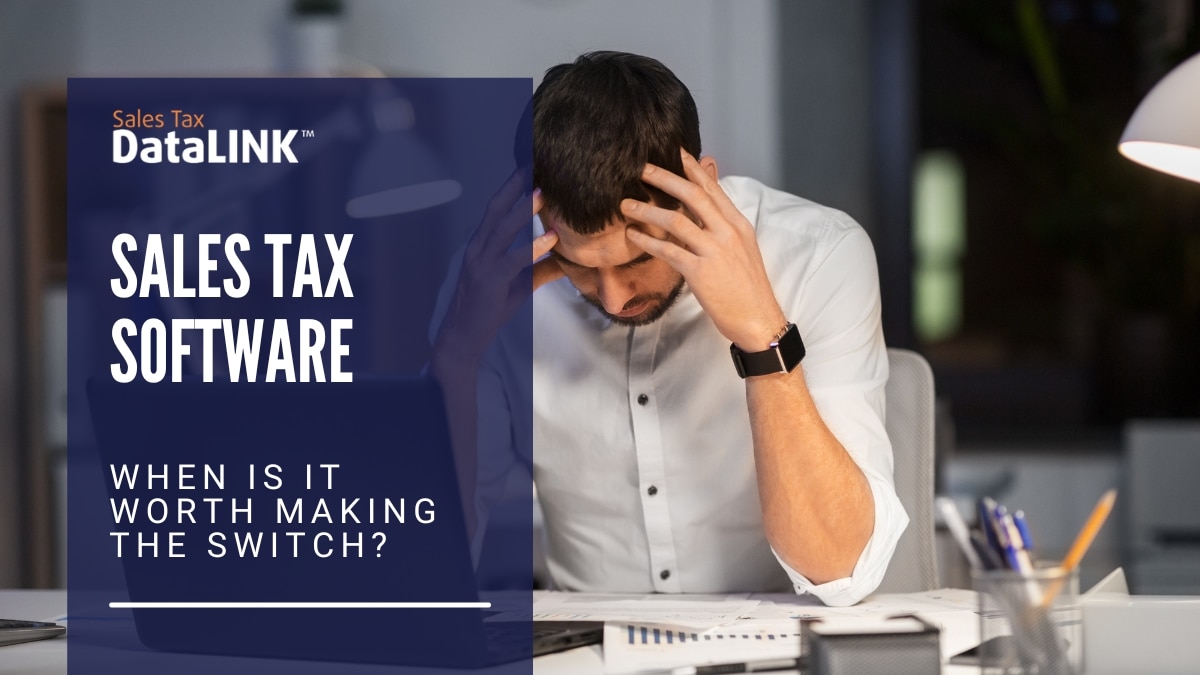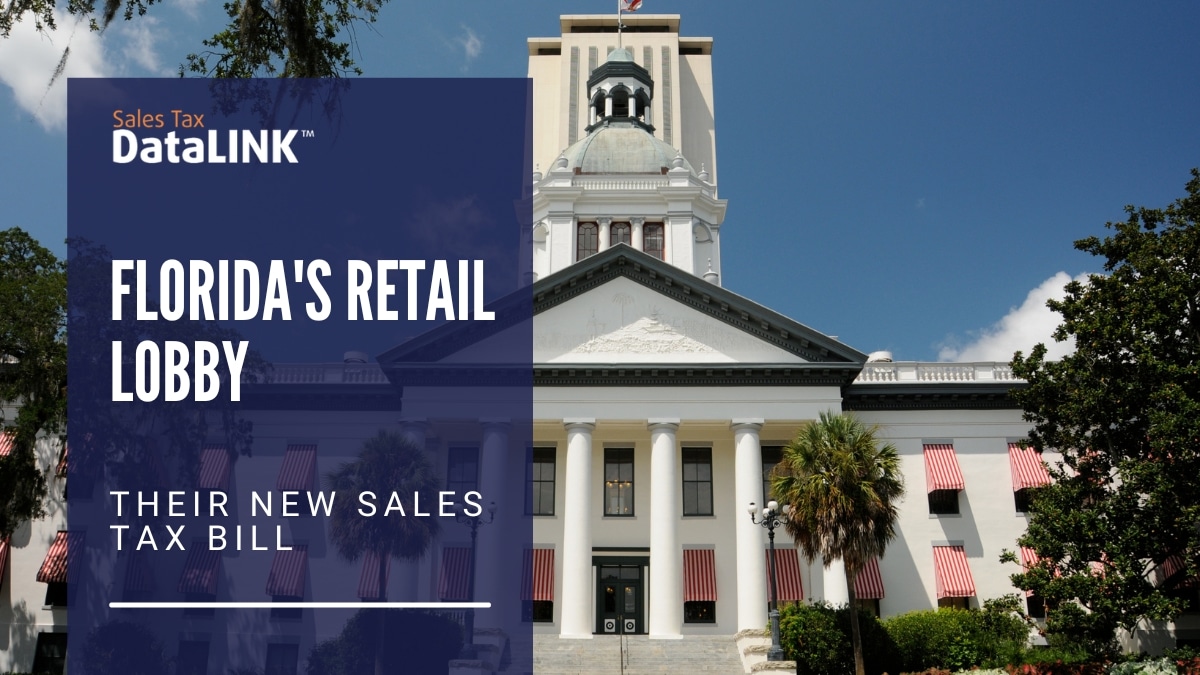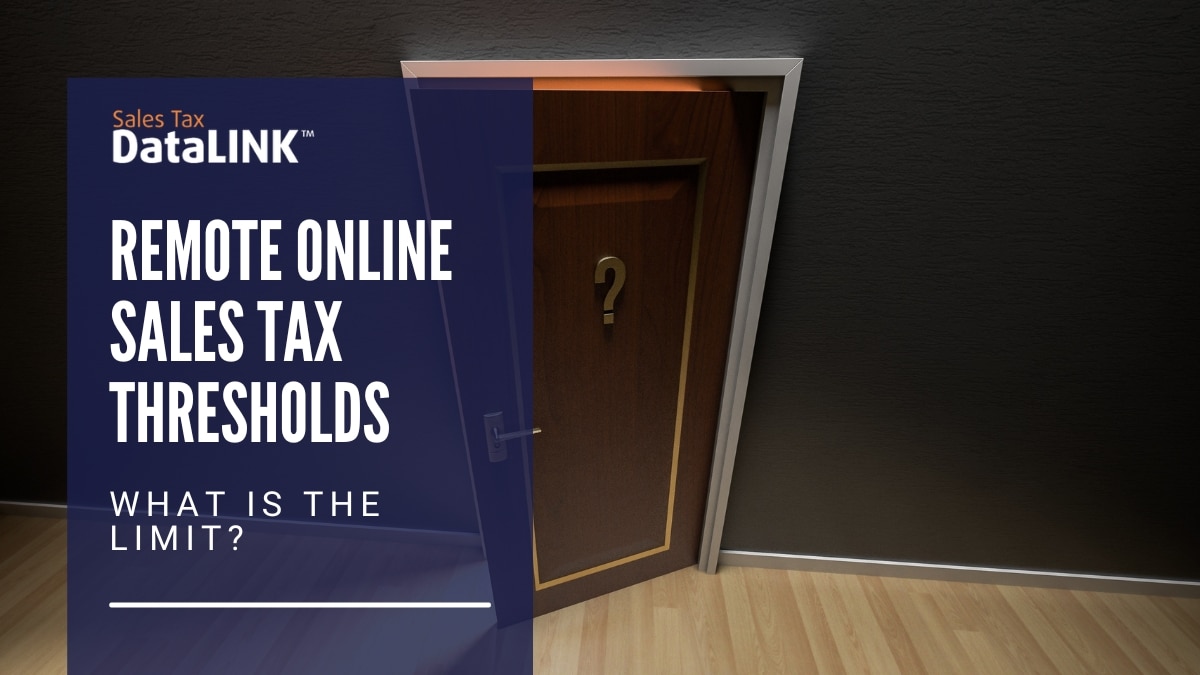The implementation of sales tax software has been a significant development for businesses, especially in light of the Supreme Court's ruling on remote sellers. While the expectation was that sales tax software would alleviate the burden of compliance, the reality has proven more complex.
The hotel tax has become a cause for concern as a recent study by Oxford Economics reveals the substantial revenue losses that states are facing.
The COVID-19 pandemic has brought about unexpected surprises in sales tax reporting. While many states have experienced a significant decline in sales tax revenue, some have witnessed surprising increases, like North Dakota, which reported a 500% rise in sales tax revenue from remote sellers.
The recent financial challenges faced by manufacturers due to the coronavirus outbreak have raised concerns about overpaying sales tax. Research indicates that manufacturing is one of the industries prone to overpaying sales taxes. With the Supreme Court's decision in Wayfair, manufacturers have found themselves responsible for sales tax compliance in multiple states, often opting to file in all 50 states for simplicity.
As states face deep budget shortfalls due to the COVID-19 pandemic, they are exploring ways to increase sales tax revenue. Reopening businesses alone may not be sufficient, given restrictions, safety concerns, and reduced consumer spending.
The COVID-19 pandemic has had a significant impact on states and municipalities, leading to a decline in sales tax revenues. With businesses shut down and consumer spending reduced, sales tax collections have suffered.
The financial doom looming over states is exacerbated by the COVID-19 pandemic, causing a significant decline in sales tax revenue. With non-essential businesses closed, tourism halted, and oil prices plummeting, states are grappling with reduced income streams.
The coronavirus pandemic has put a halt to sales tax changes across states as they grapple with the immediate priorities brought on by the crisis. Legislators are preoccupied with managing the pandemic's impact, leading to postponed sales tax filing deadlines and waived penalties for late payments.
Amidst the challenges posed by the COVID-19 pandemic, the demand for sales tax software has surged, providing businesses with peace of mind during uncertain times. With many businesses temporarily closed and revenue declining, compliance with sales tax filing deadlines remains a priority.
The effects of the Wayfair decision on businesses took the center stage during a recent congressional hearing, where small business owners shared their experiences and concerns. With the overturning of the Quill decision, states now have the power to enforce sales tax obligations on remote sellers.
The Supreme Court decision granting states the authority to enforce sales tax collection from online sellers has resulted in both control and unintended consequences. This shift in sales tax laws allows states to shape industries and favor specific businesses.
Manufacturers face numerous challenges when it comes to sales tax compliance. With the risk of audits looming, it is crucial for manufacturers to establish clear and consistent routines to ensure compliance and quality control.
Understanding the complexities of sales tax laws and the ever-changing landscape of regulations can be overwhelming for businesses. That's where a tax engine comes in. While a simple sales tax calculation based on zip codes might suffice for some, a tax engine offers the accuracy and precision needed to navigate varying tax rates, specific item tax considerations, and industry-specific regulations.
Louisiana's surprise sales tax decision regarding Walmart.com and its marketplace sellers has sparked a significant debate. In a split 4-3 decision, the court ruled that Walmart.com is not responsible for collecting sales tax, considering it more of an auctioneer than a dealer.
Evaluating the need for a sales tax software change is a crucial decision for businesses. As circumstances evolve and sales tax regulations undergo revisions, it becomes essential to assess signs that indicate a change is necessary.
Managing sales tax reporting can be a complex and time-consuming task, especially in the post-Wayfair era. With each state having its own laws and variations, and the requirement for SMBs to comply with all 50 states, the burden can feel overwhelming. Sales Tax DataLINK offers a patented sales tax reporting software designed specifically for accountants, ensuring accuracy from calculation to filing.
There are compelling reasons to outsource sales tax compliance, particularly in the wake of the Wayfair decision and the ever-evolving sales tax landscape. Sales tax laws and regulations change frequently, making it challenging to keep up with updates for each jurisdiction.
Alaska's special sales tax situation presents unique challenges for businesses operating within its borders. While the state itself doesn't have a statewide sales tax, municipalities have the authority to impose sales tax with varying rates and rules.
Florida's inclusion of retail lobbyists in online sales tax law decisions has sparked discussions about leveling the playing field and generating significant revenue for the state.
Remote online sales tax thresholds have become a significant consideration for businesses since the Supreme Court's landmark Wayfair decision. The ruling granted states the authority to require out-of-state sellers to collect sales tax based on economic nexus rather than physical presence.
BlogEdwin Flores2023-11-03T08:37:15-05:00
